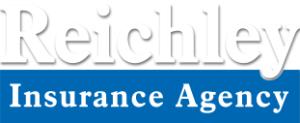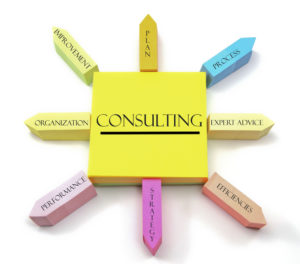How To Develop a Great Relationship With Your Clients
 One of the most important things an agent can do is to develop a trusted partnership with their clients. A trusted relationship does not come quickly and means agents and their clients must look differently at the insurance buying process. There are many things an agent can do to build productive relationships with their clients.
One of the most important things an agent can do is to develop a trusted partnership with their clients. A trusted relationship does not come quickly and means agents and their clients must look differently at the insurance buying process. There are many things an agent can do to build productive relationships with their clients.
Agents Must Take Action
Listen To Your Clients. The best way to know and understand your clients is to ask questions then listen to them.
Spend Time With Them. Agents need to make time for their clients besides just the renewal. We recommend you find ways to touch your clients monthly, with a newsletter, card, visit, industry gathering or a personal visit.
Get Your Team Connected To Their Team. It is often a great idea to have your agency team, and your client’s associates meet to get to know each other. This can be done at a social event or something like a lunch and learn.
Do Something Without Being Asked. Agents tend to get in a mindset of insurance, stop that way of thinking. If you just finished reading a good business or management book give a copy to your client. If you are heading off to a seminar, ask your client to go with you.
Be A Problem Solver. Get educated in your client’s industry, and then you are better able to help them solves all kinds of problems other than insurance.
Be Willing To Sell Less Insurance. This a tough one for agents to get over. But a trusted relationship starts with your client believing you are interested in what is best for them, not the agent selling more insurance. There are many other risks and none risk solution to your client s issues and concerns, get educated in these and be willing to educate and inform rather than sell.
If agents started to practice these six items, clients would become more interested in sharing all of their concerns, and you will become a valued business partner.
“You can make more friends in two months by becoming interested in other people than you can in two years by trying to get other people interested in you.”– Dale Carnegie
Reichley insurance believes insurance is more than a transaction. Insurance involves a trusted relationship built on a promise to put people before policies. Our promise is to listen to you, identify your risks and provide solutions. Every employee has the heart of a teacher. Connect with us to experience The Reichley difference.
Perk Reichley and Bob Lilly
#insurance #riskmanagement #customerservice #busienssinsurance #selling #educating












